Photos: Departures from Congress in 2014
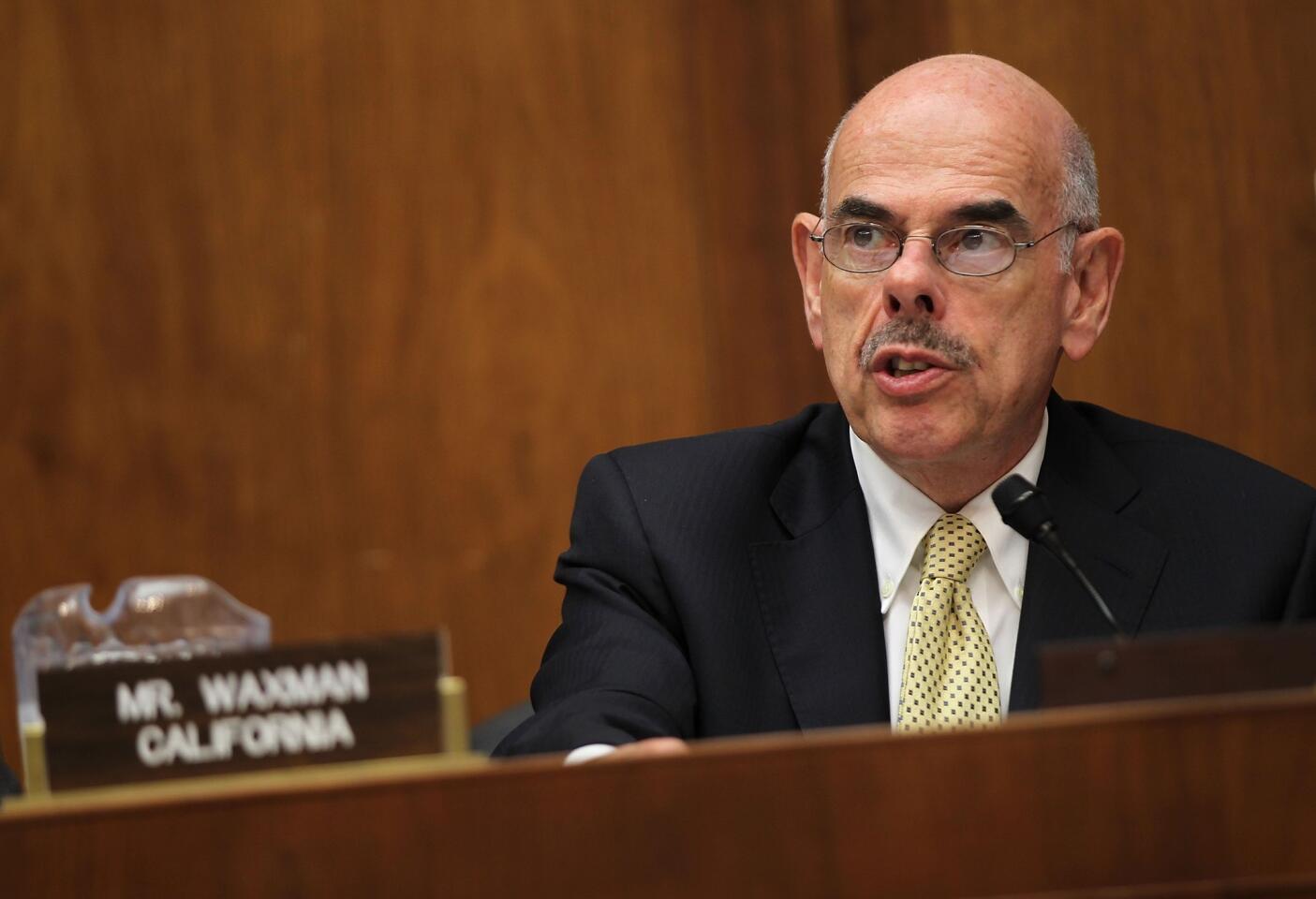
Elected in 1974, U.S. Rep. Henry Waxman (D-Beverly Hills) announced Jan. 31 that he would end his 40-year run as one of the House’s most liberal members. Elected in the wake of Watergate, Waxman went on to play a role in passing several pieces of notable legislation. (Alex Wong / Getty Images)
Before the November election, a number of lawmakers have decided to leave their legislative duties behind, because of their health, personal preferences or recent scandals.
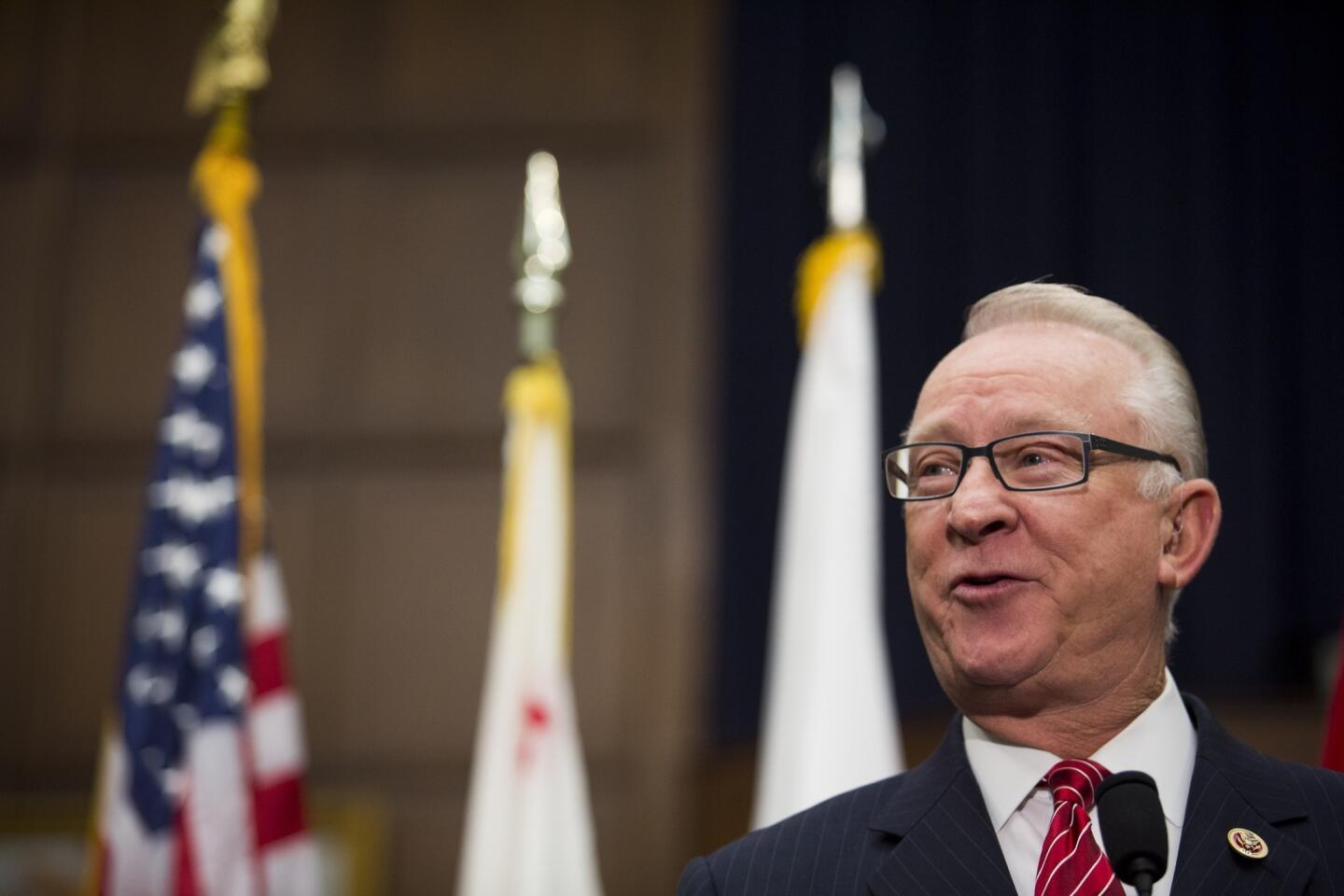
Chairman of the House Armed Services Committee since 2011, Rep. Buck McKeon (R-Santa Clarita) said Jan. 16 that he would step down after representing the 25th District for more than two decades. “I never planned on being here until they carried me out,” he told the Los Angeles Times. (Drew Angerer / Getty Images)
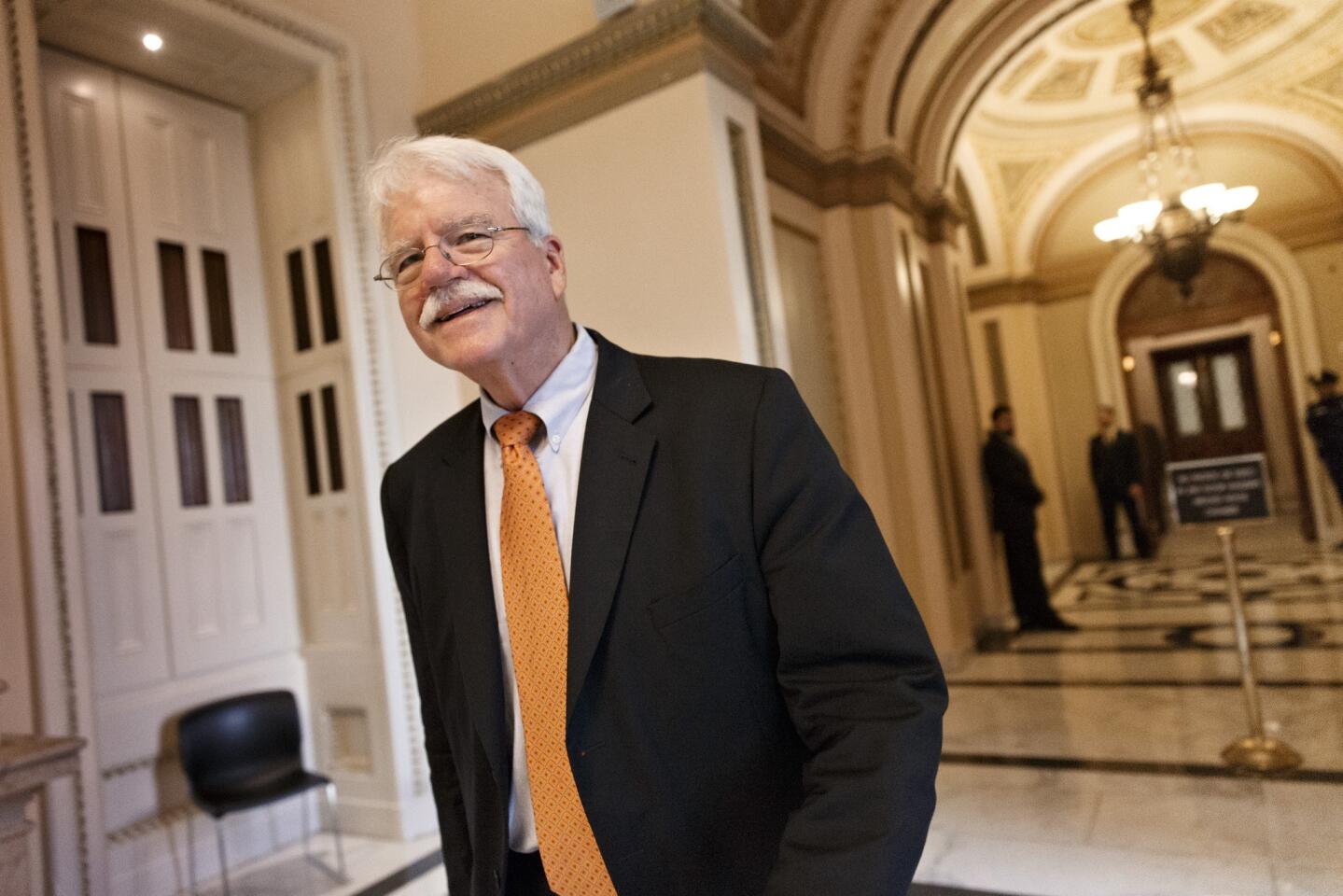
Rep. George Miller (D-Martinez), dean of the California congressional delegation, announced Jan. 13 that he will retire from Congress, ending a 40-year tenure. Elected in 1974, Miller has served as chairman of the Committee on Natural Resources and the Committee on Education and Labor. (J. Scott Applewhite / Associated Press)
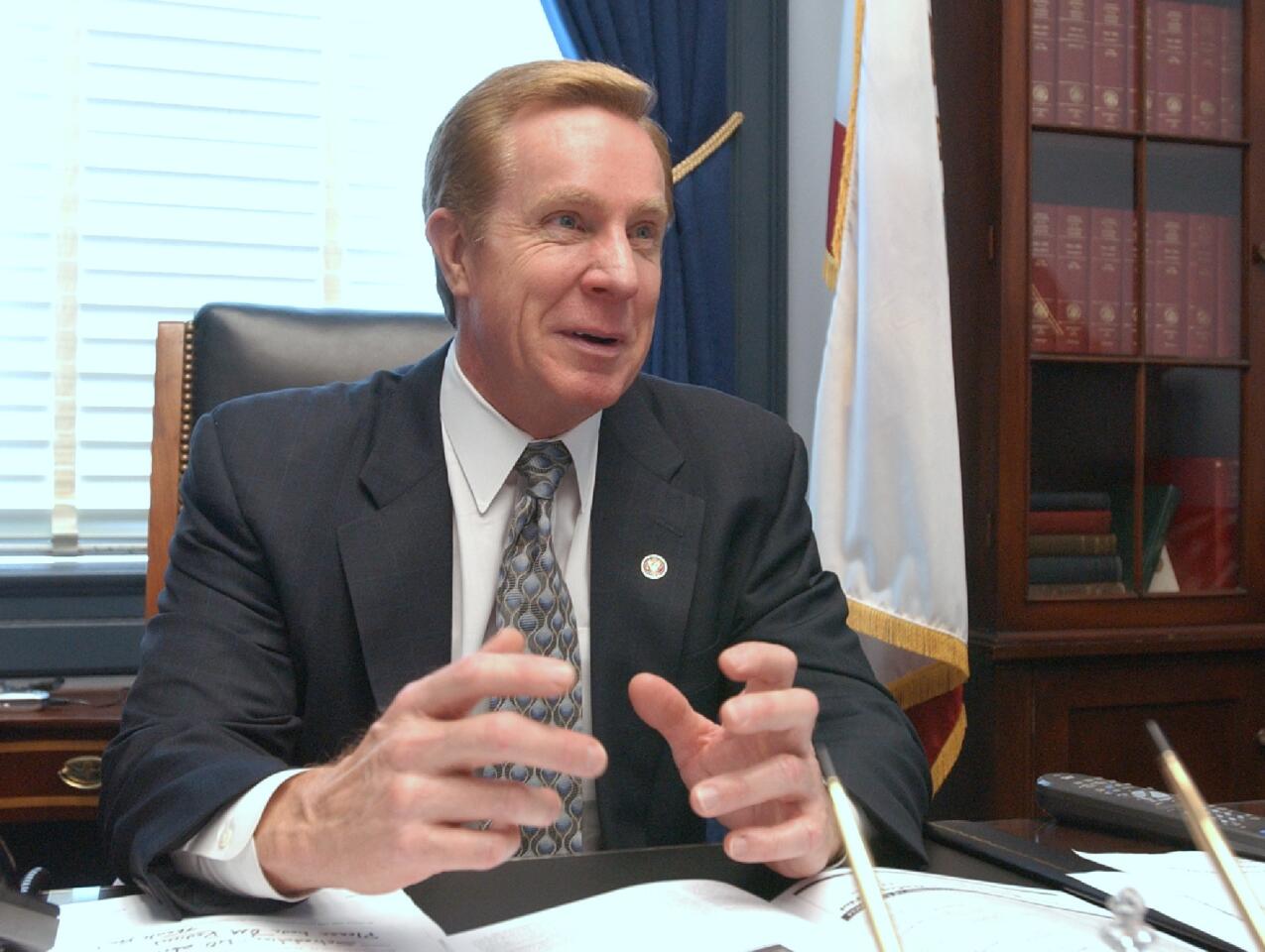
Facing a tough reelection race, Rep. Gary Miller (R-Rancho Cucamonga) said Feb. 12 that he would step down at the end of his term. “While there is still a lot of work to be done, it is now time for me to pass the baton,” the former Diamond Bar mayor said in a statement. (Dennis Cook / Associated Press)
Advertisement
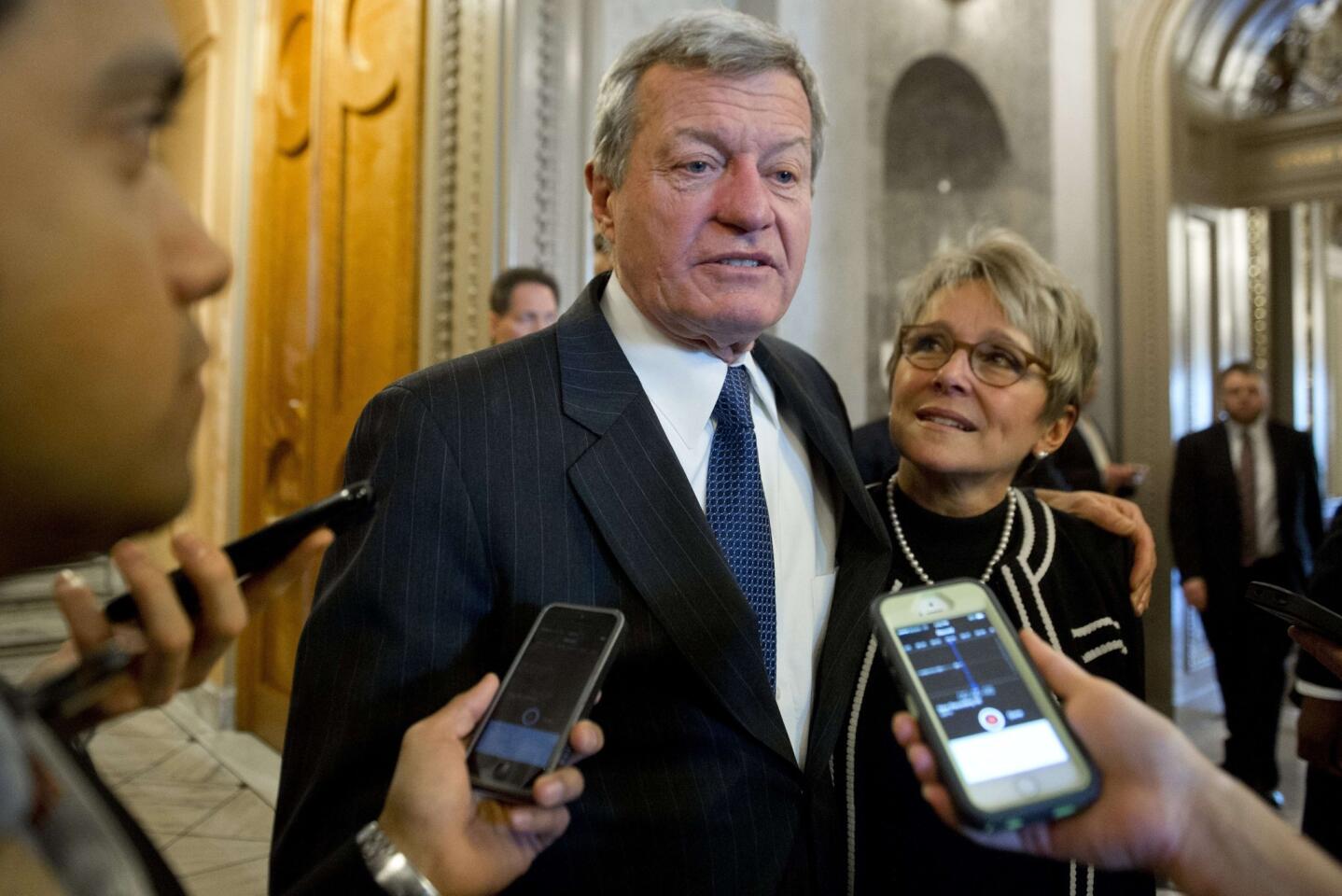
Sen. Max Baucus (D-Mont.) left the Senate after he was confirmed Feb. 6 to serve as the next ambassador to China. Chairman of the Senate Finance Committee, Baucus played a key role in writing what became President Obama’s Affordable Care Act. (Saul Loeb / AFP/Getty Images)
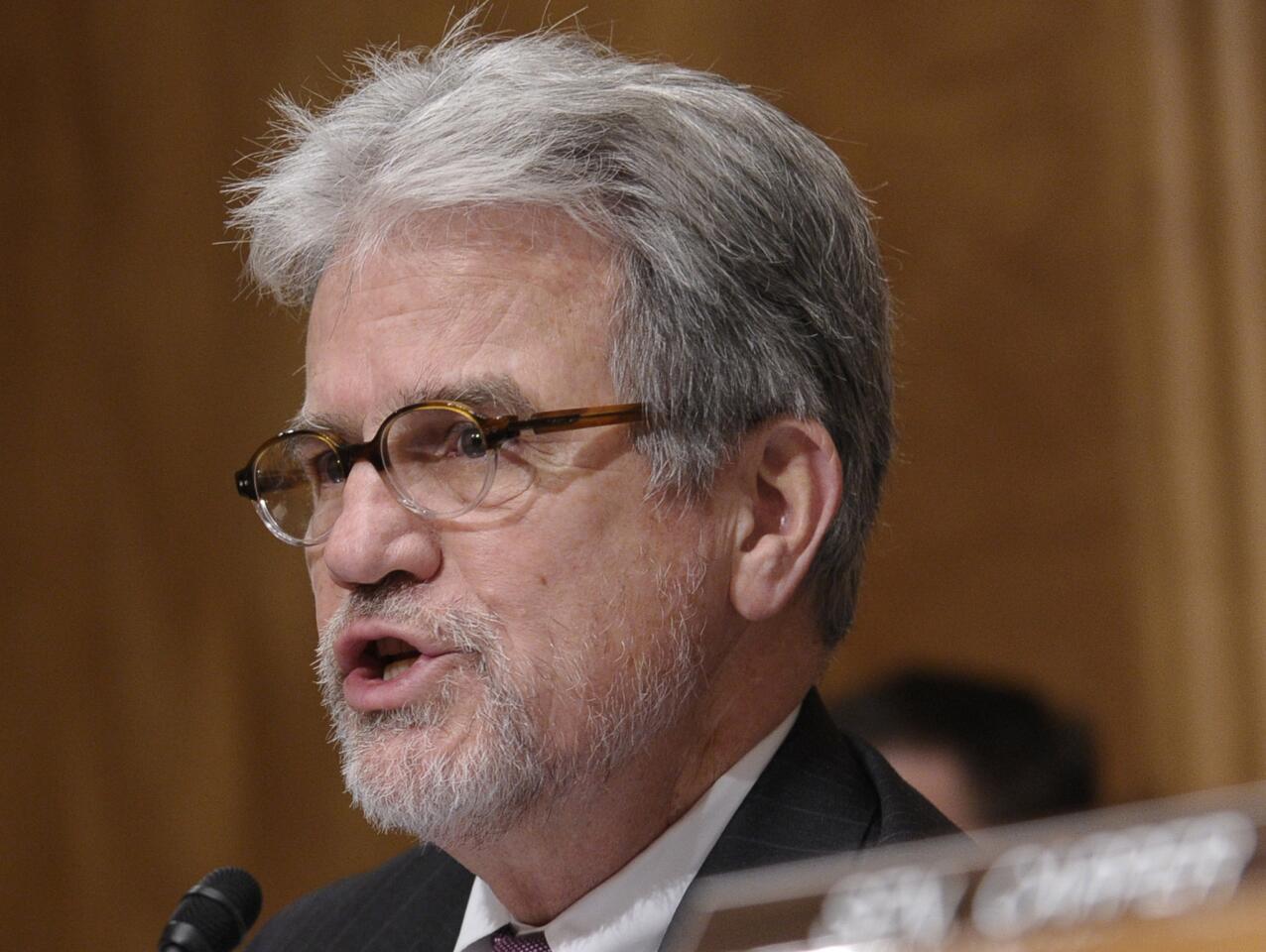
Sen. Tom Coburn (R-Okla.), a fiscal conservative who was first elected in 1995, said Jan. 16 that he will retire after 2014. Though he is battling prostate cancer, Coburn said in a statement that the decision “isn’t about my health, my prognosis or even my hopes and desires.” (Susan Walsh / Associated Press)
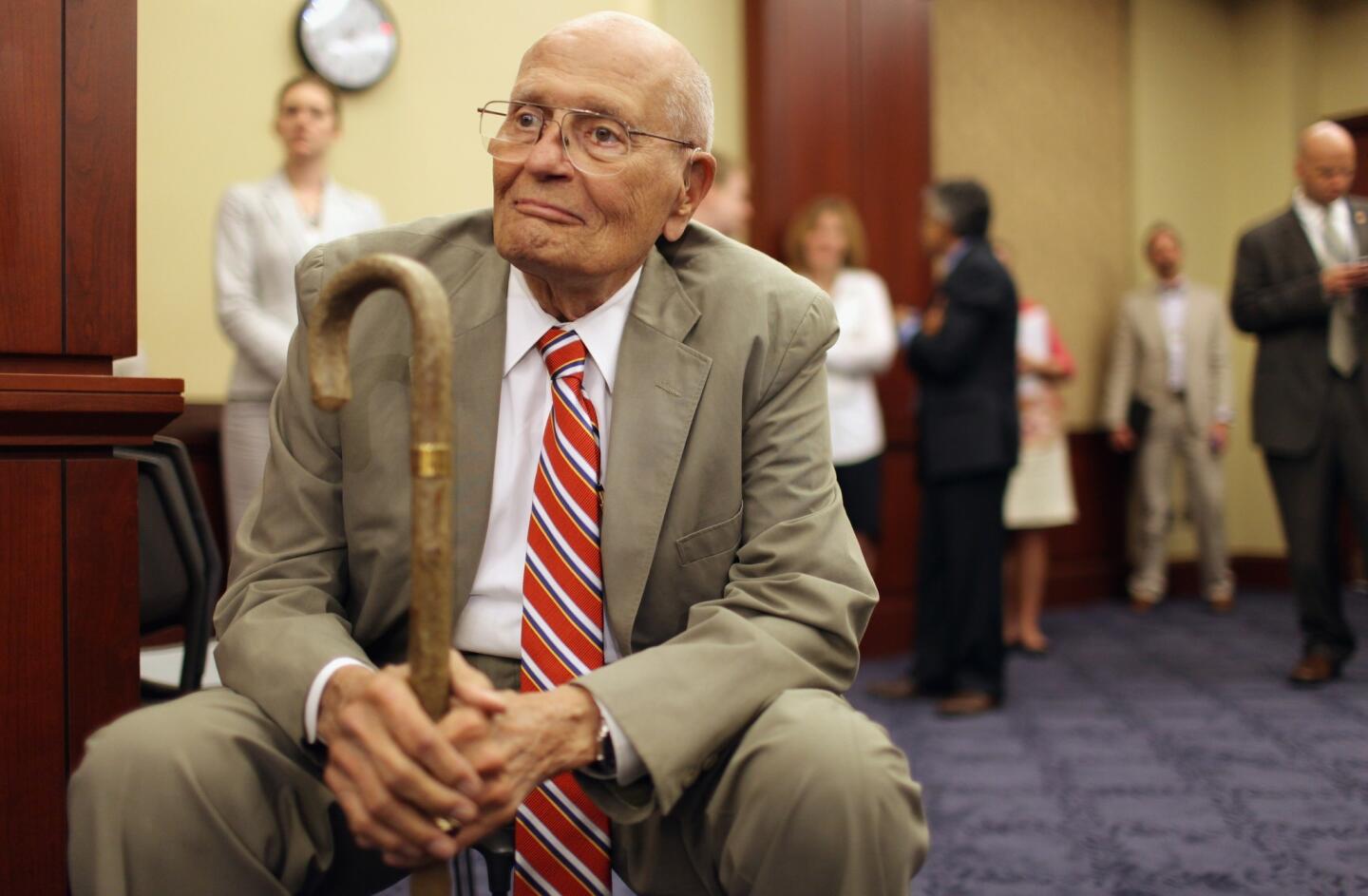
At 87, Rep. John Dingell (D-Mich.), the longest-serving member of Congress, announced Feb. 24 that he will retire at the end of his current term. First elected in 1955, Dingell served 31 terms in the House during 11 presidencies. (Chip Somodevilla / Getty Images)
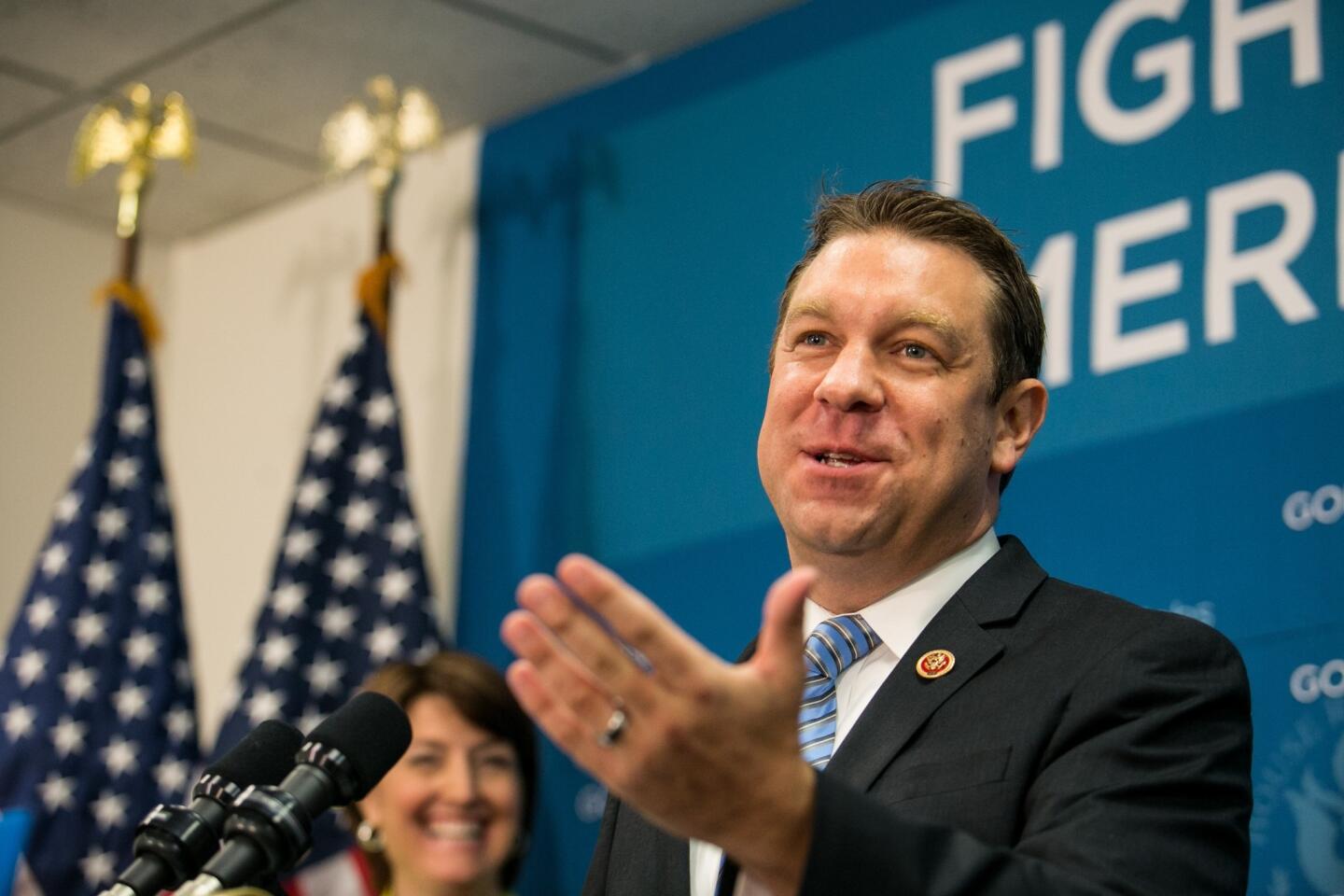
After pleading guilty to a charge of cocaine possession, Rep. Trey Radel (R-Fla.) announced he would resign from Congress. Initially, Radel planned to remain in his seat, but chose to step down amid GOP calls for his resignation and a House Ethics Committee probe. (Drew Angerer / Getty Images)
Advertisement
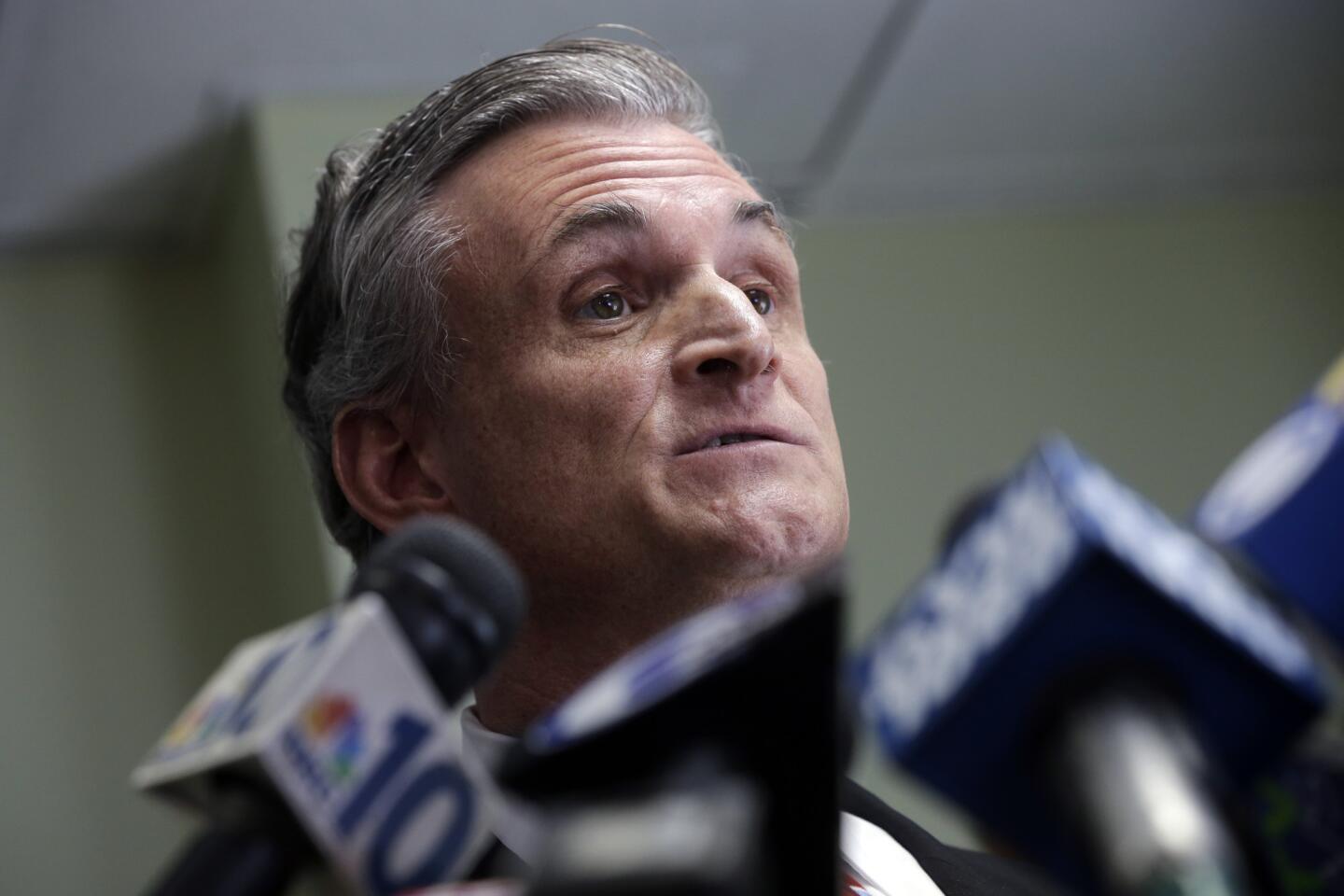
Rep. Rob Andrews (D-N.J.) announced Feb. 4 that he would resign from Congress that month to take a job with a law firm. Andrews, who was first elected in 1990, was under investigation for reportedly misusing campaign funds. (Mel Evans / AP)
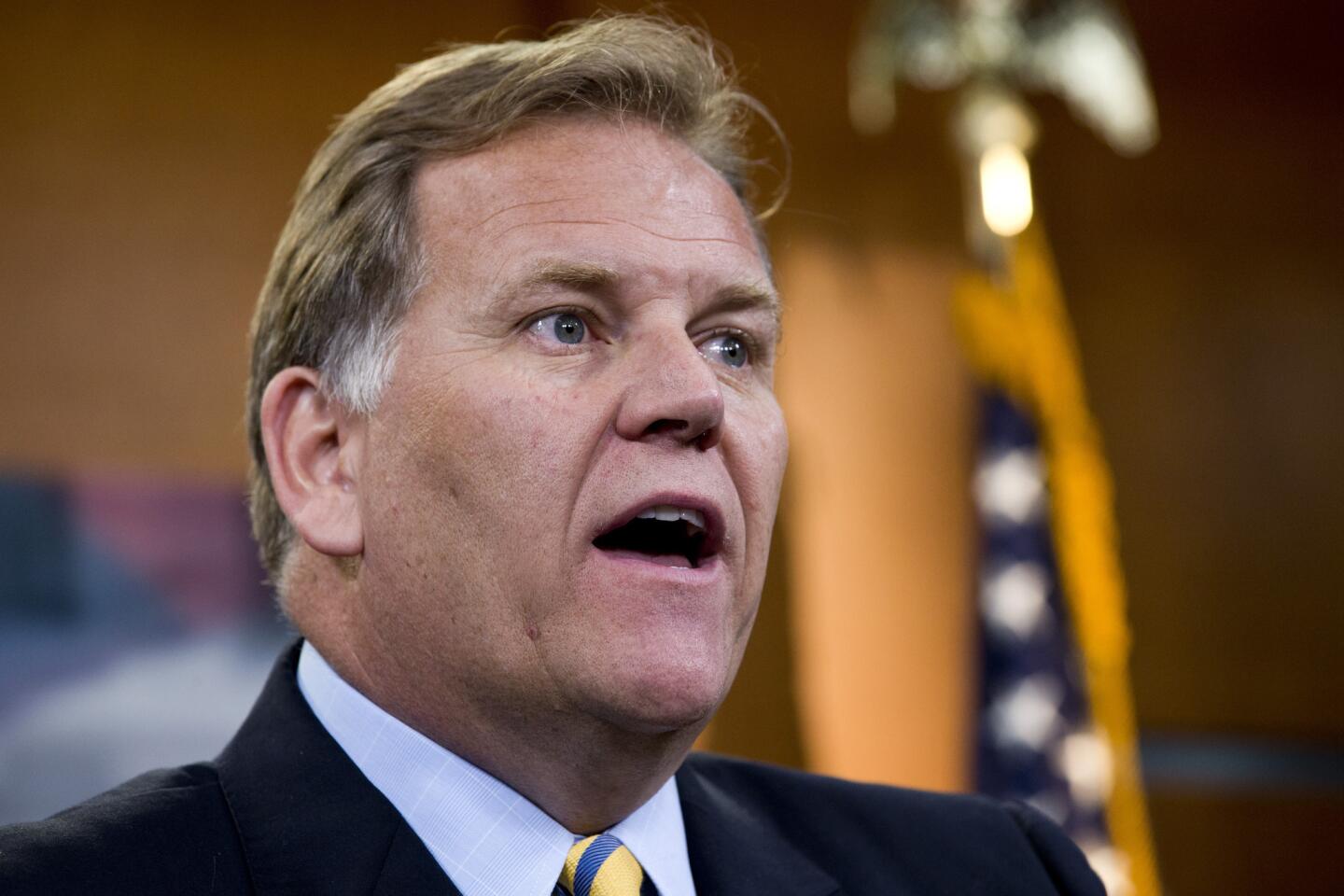
House Intelligence Committee Chairman Rep. Mike Rogers, R-Mich., told a Detroit radio station March 28 that he will not seek reelection. Starting in January 2015, the seven-term Republican congressman and former FBI agent will host a national radio program on Cumulus Media. (Jacquelyn Martin / Associated Press)
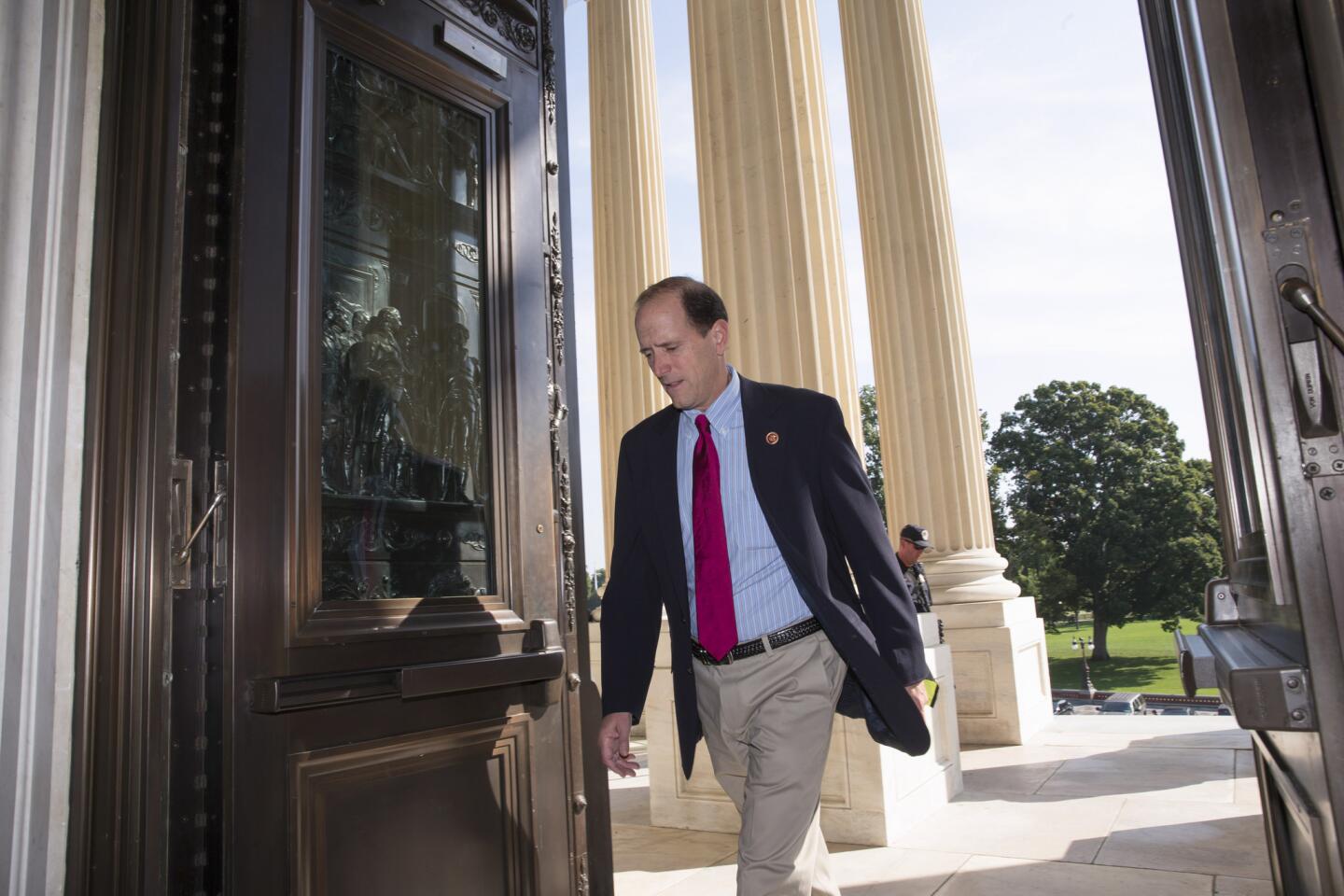
House Ways and Means Committee Chairman Dave Camp (R-Mich.) announced March 31 that he plans to step down after 24 years in Congress. Camp said he decided to retire after “much consideration and discussion with my family” but plans to continue working until his term expires. (J. Scott Applewhite / Associated Press)
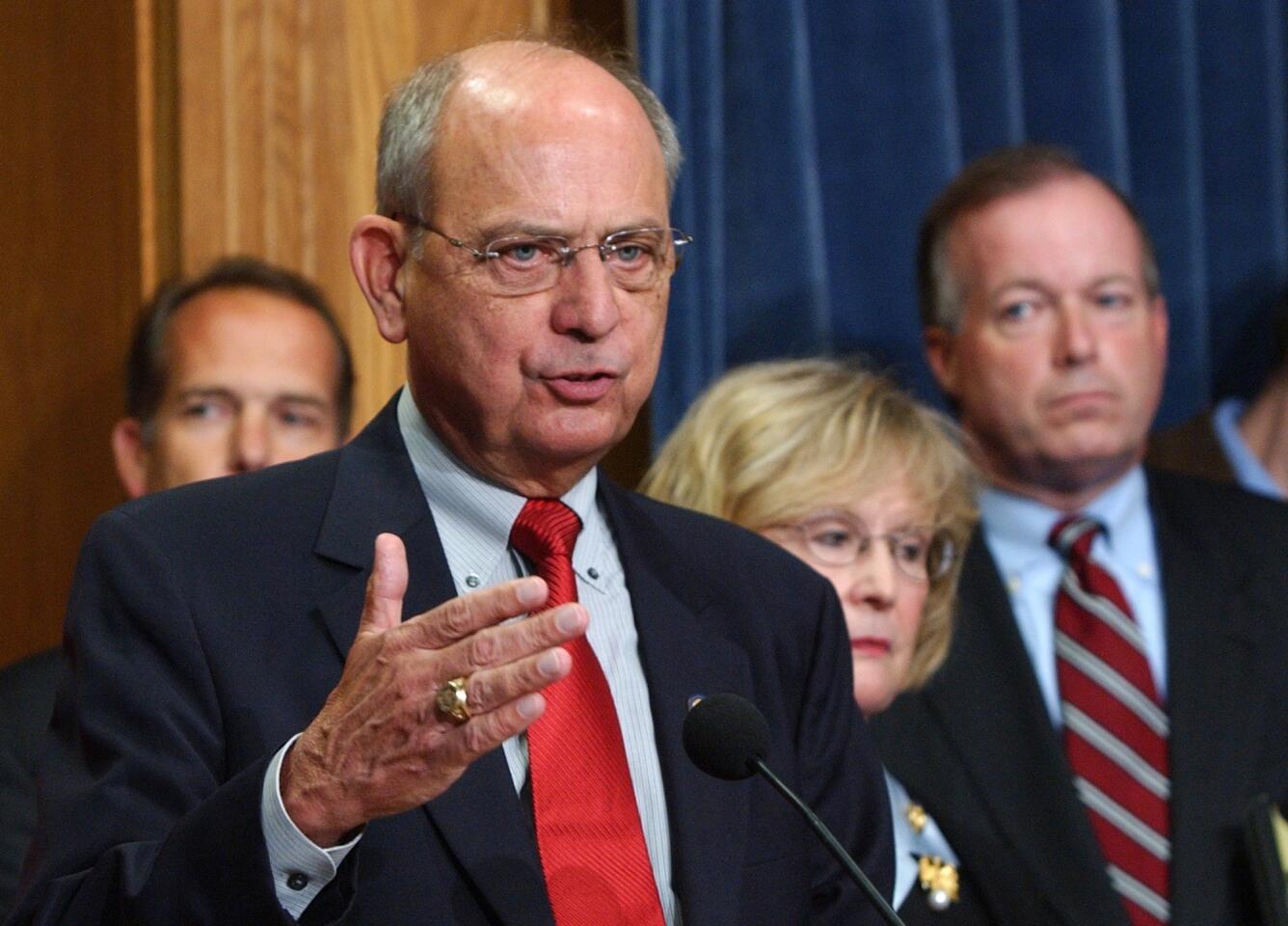
House Natural Resources Committee Chairman Rep. Doc Hastings (R-Wash.) announced Feb. 13 that he would not seek reelection. First elected in 1994, Hastings said in a statement that “it is time for the voters to choose a new person with new energy to represent them in the people’s House.” (Dennis Cook / Associated Press)
Advertisement
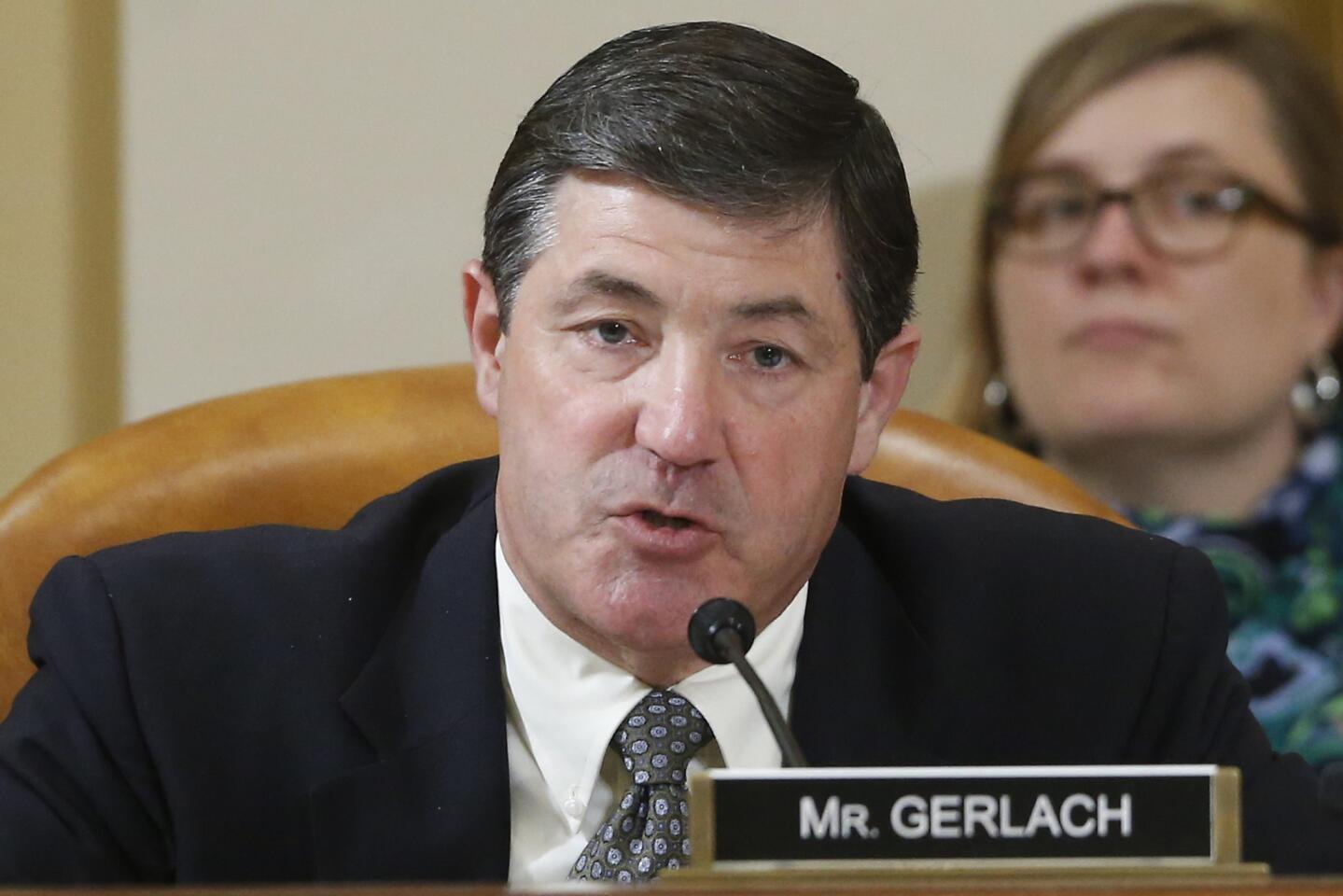
Six-term Rep. Jim Gerlach (R-Penn.), the founder of the House Land Conservation Caucus, announced Jan. 6 that he would retire from the House at the end of his term. “It is simply time for me to move on to new challenges and to spend more time with my wife and family,” Gerlach said. (Charles Dharapak / Associated Press)
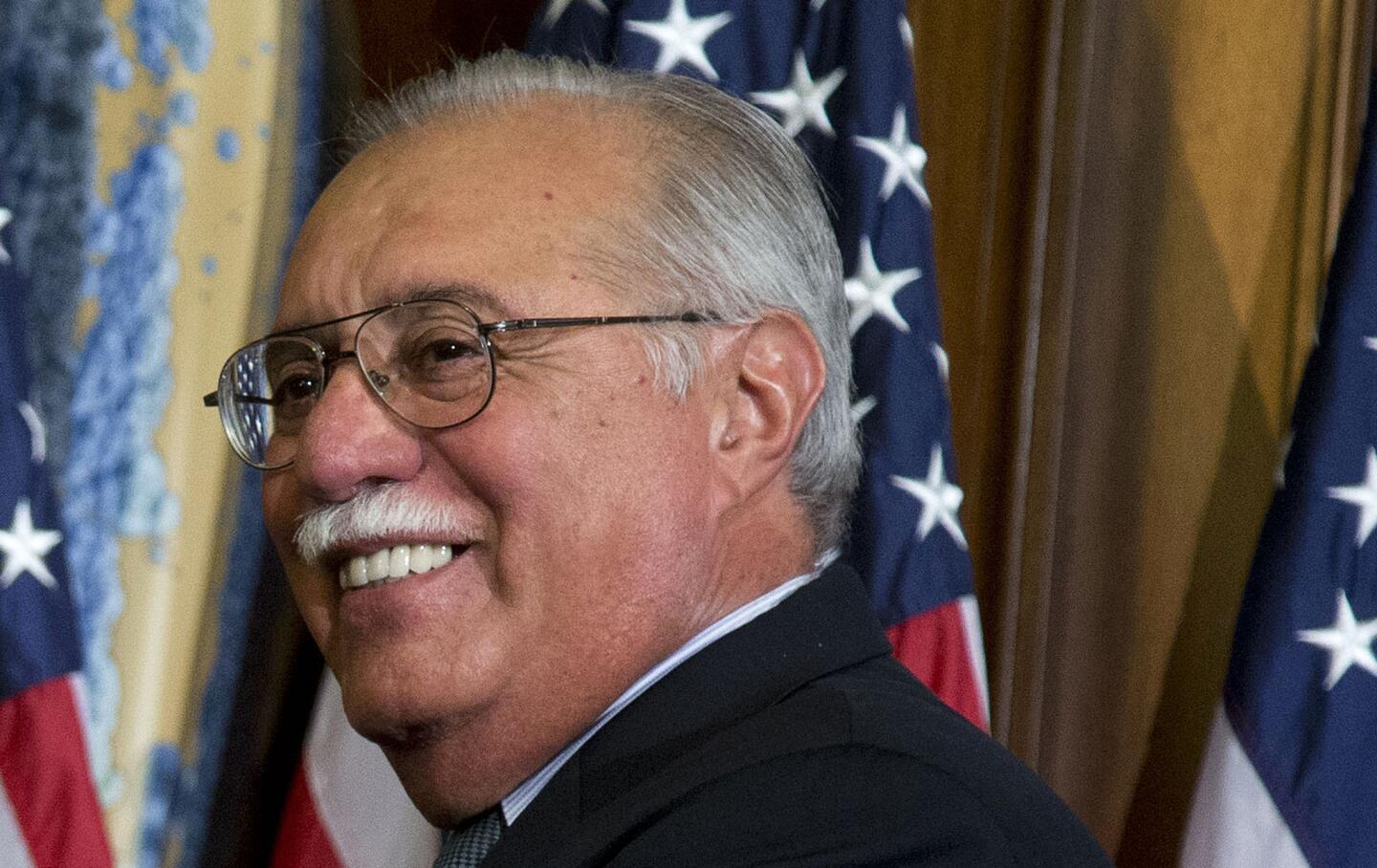
After 23 years in the House, Rep. Ed Pastor (D-Ariz.) announced Feb. 27 that he plans to retire at the end of his current term. First elected in 1991, Pastor became the state’s first Latino representative. (Evan Vucci / Associated Press)
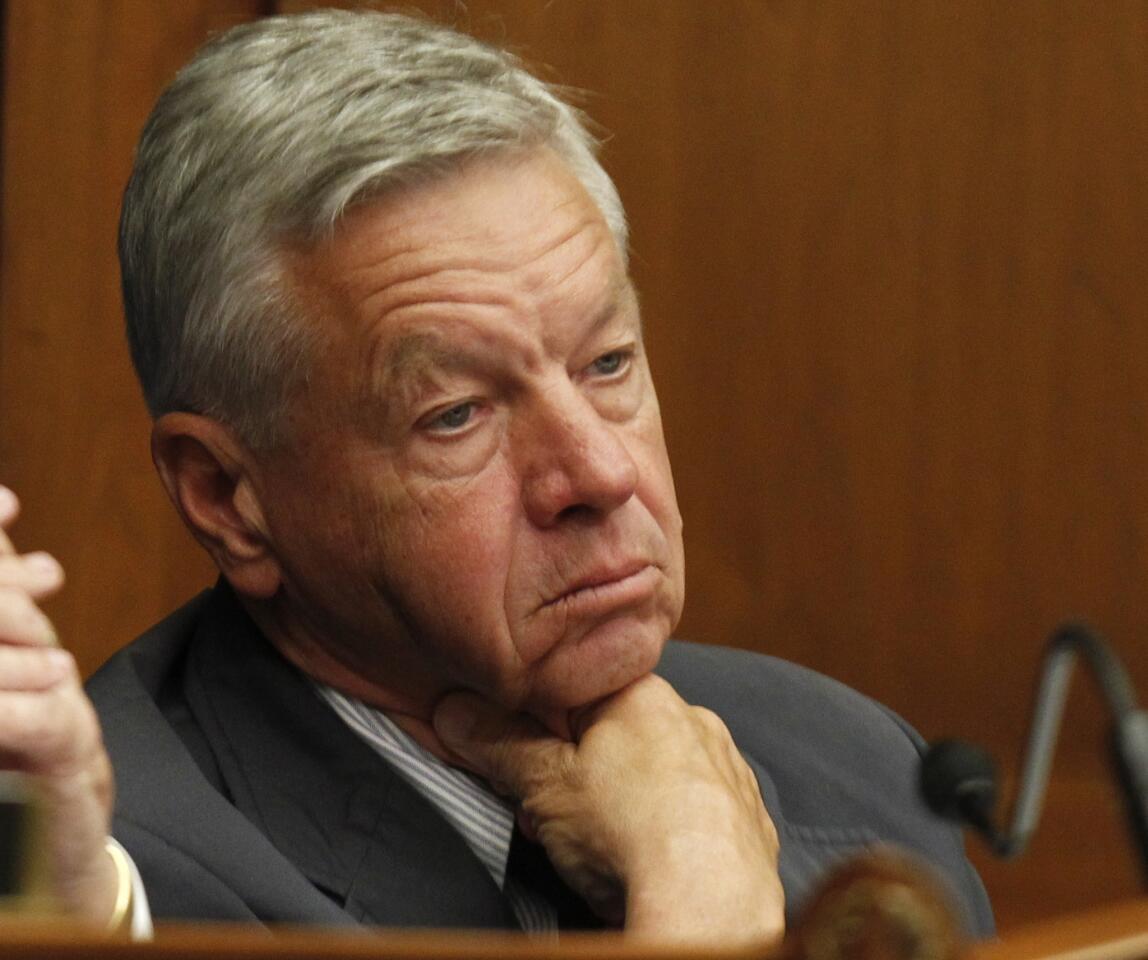
Ending a 35-year career in Congress, Rep. Tom Petri, R-Wis., announced plans to retire at the end of his term. Petri, a member of the House Transportation and Infrastructure Committee, said in an announcement April 11 that several factors contributed to his decision. (Charles Dharapak / Associated Press)
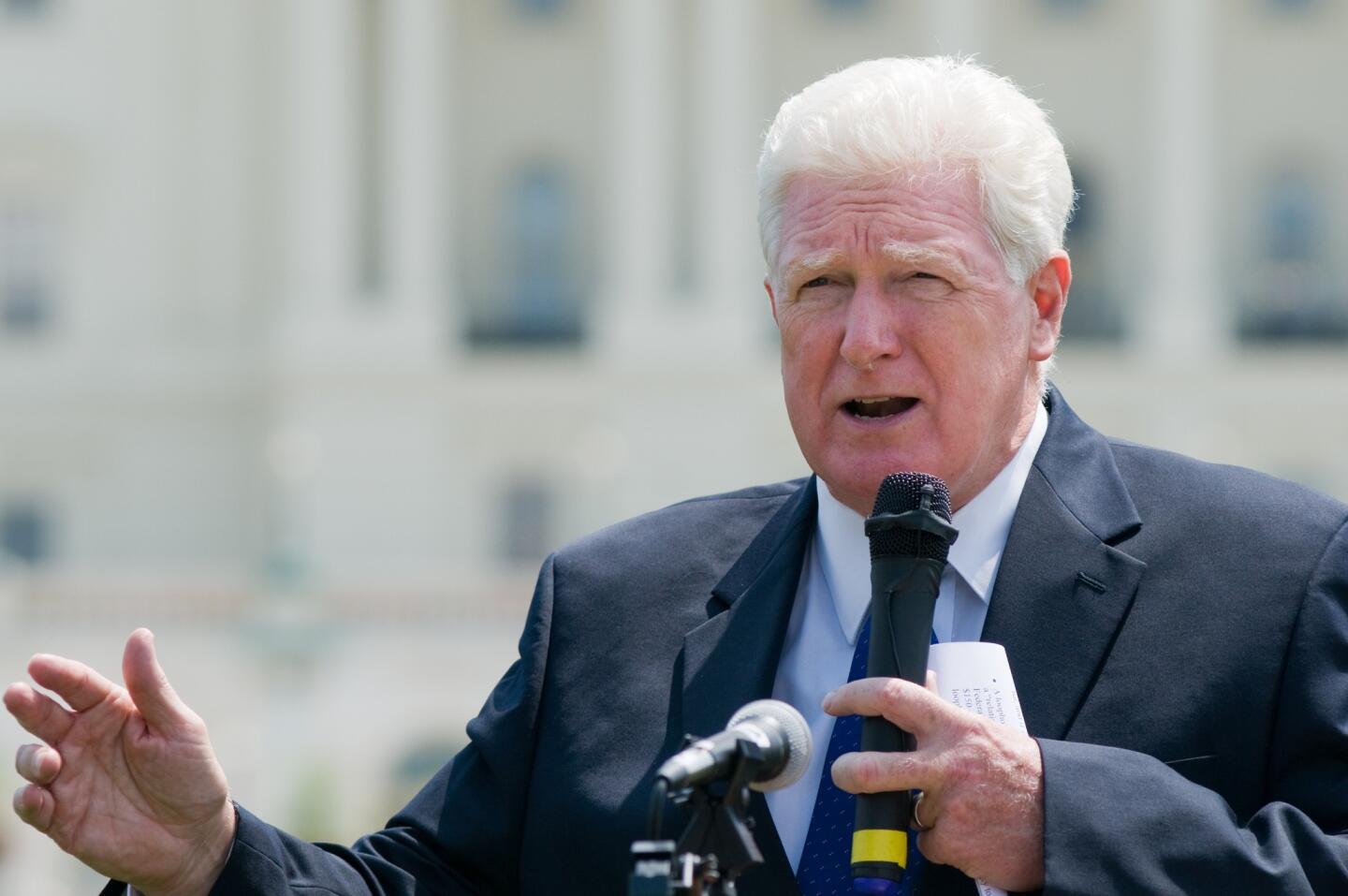
Rep. James Moran (D-Va.) announced Jan. 15 that he would step down from the seat he’s occupied for two decades. The ranking Democrat on the House Appropriations Interior subcommittee, Moran said in a news release that his retirement marked the right time to “move on to the next challenge.” (Kris Connor / Getty Images)
Advertisement
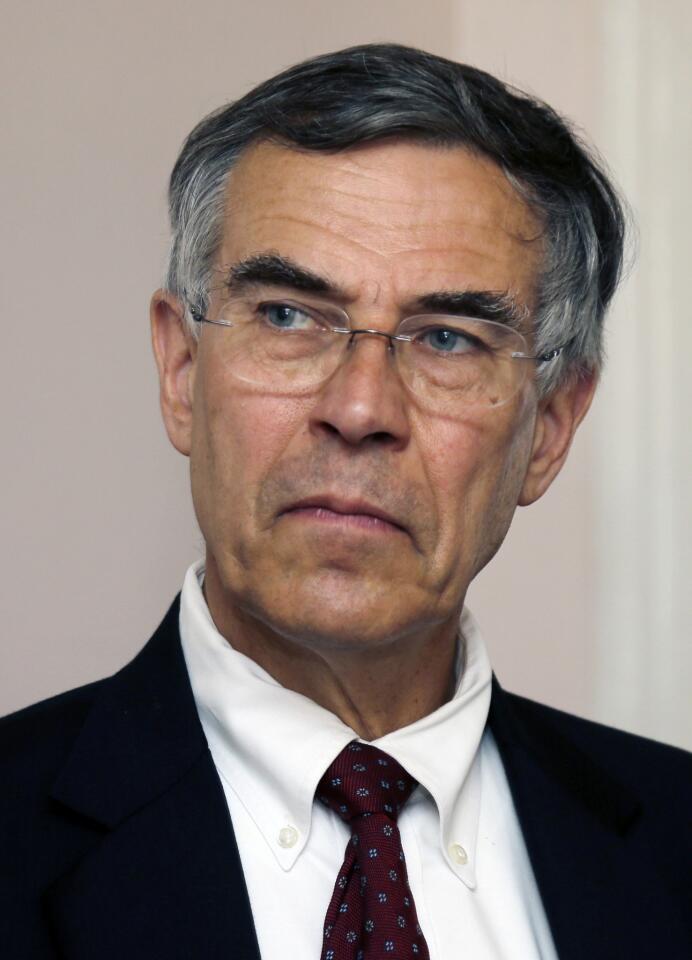
Rep. Rush D. Holt (D-N.J.), a nuclear physicist who represents central New Jersey’s 12th District, announced Feb. 18 that he will not seek reelection in November. The eight-term congressman said “the end of this year seems to me to be the right time to step aside.” (Mel Evans / Associated Press)

First elected to Congress in a 2009 special election, Rep. Bill Owens (D-N.Y.) announced his retirement on Jan. 14, saying in a statement that he wanted to focus on new opportunities and spend more time with his family. (Mike Groll / Associated Press)
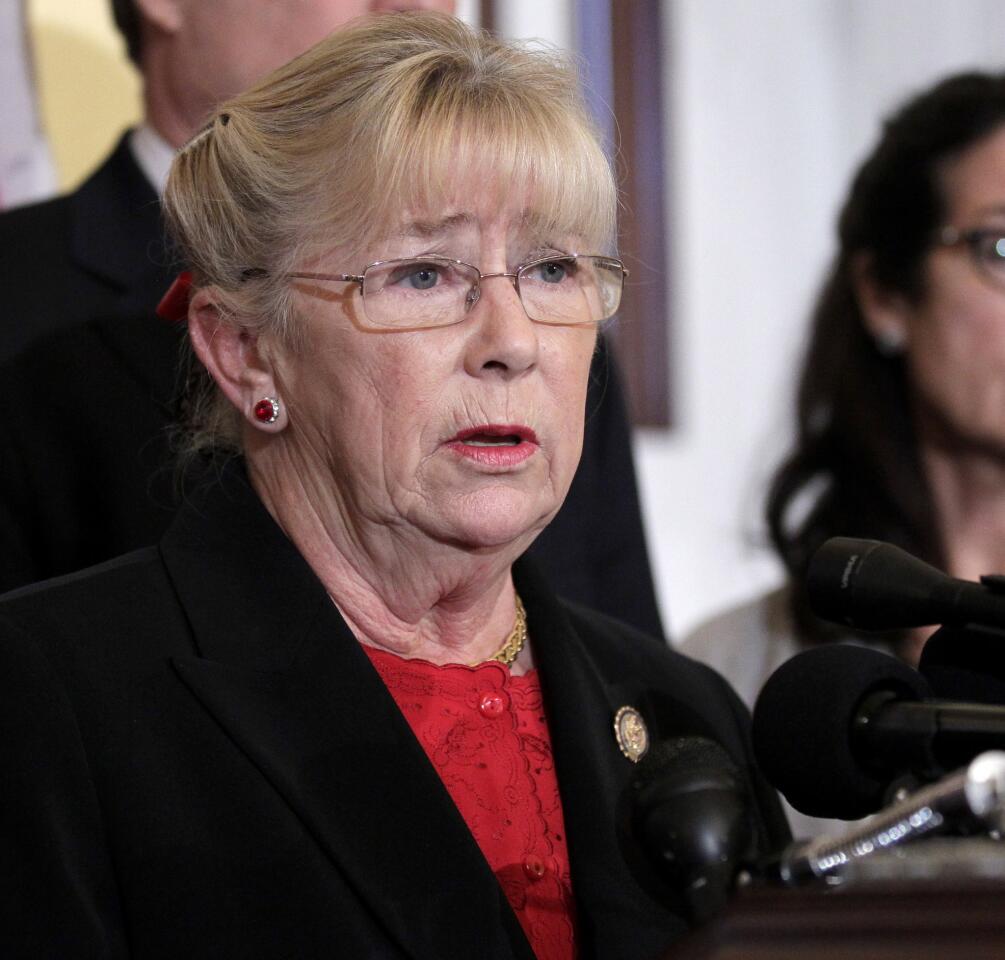
Undergoing treatment for lung cancer, Rep. Carolyn McCarthy (D-N.Y.) announced her plans to retire Jan. 8, saying in a statement that she looks forward to returning to private life, working “as a citizen activist for the causes and principles that are so close to my heart.” (Pablo Martinez Monsivais / Associated Press)
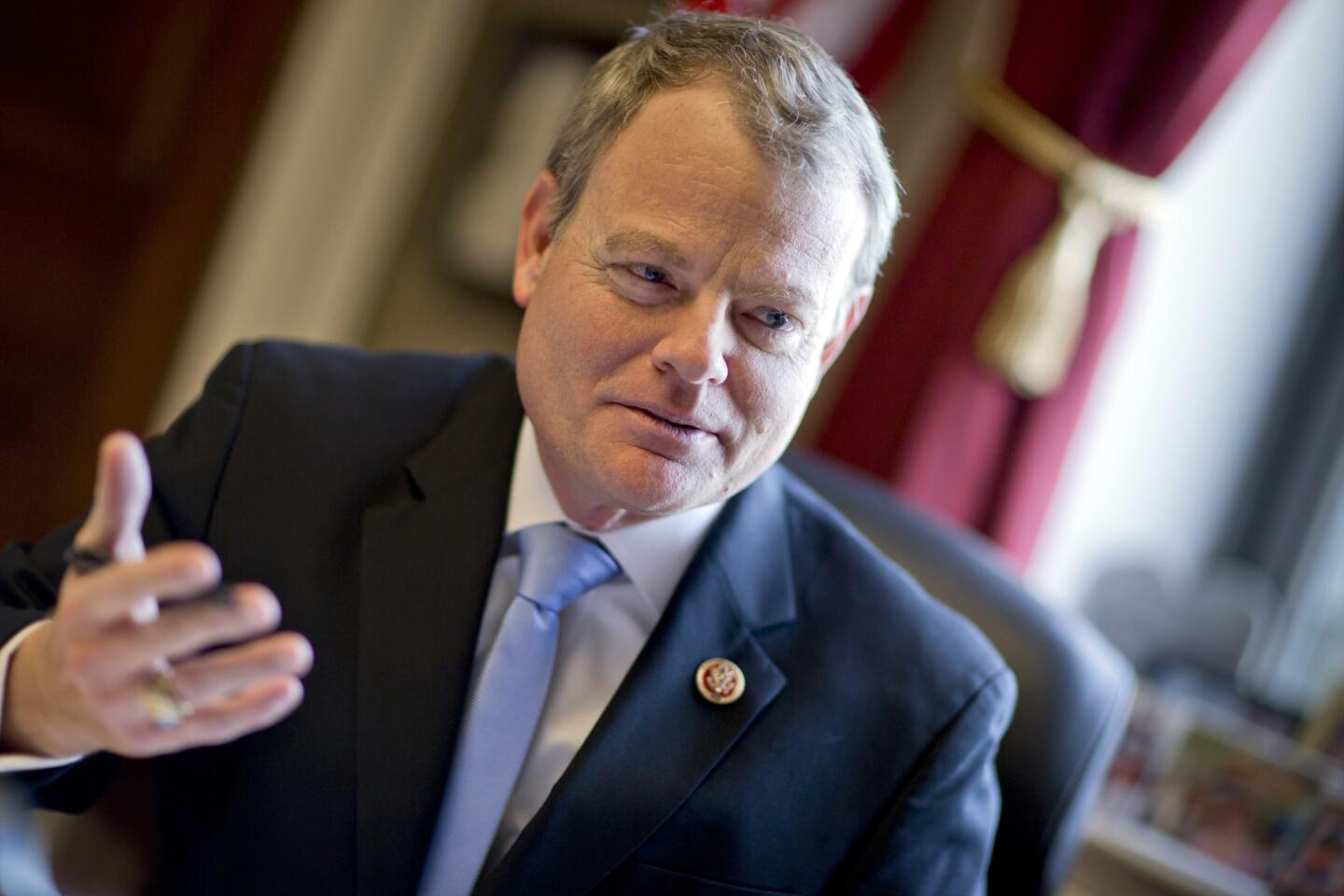
First elected in 1996, Rep. Mike McIntyre (D-N.C.) announced his intentions Jan. 8 to step down after 18 years in the House of Representatives. (J. Scott Applewhite / Associated Press)







